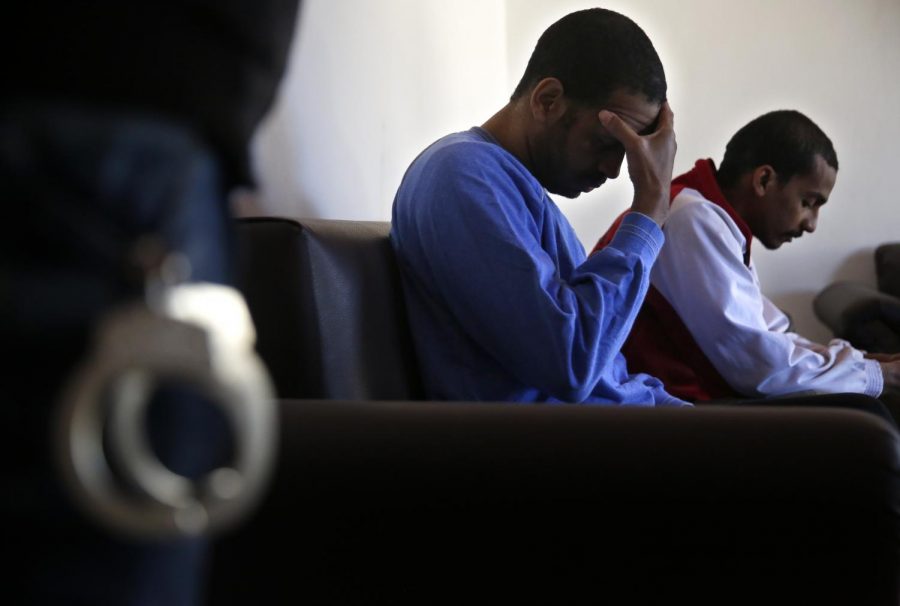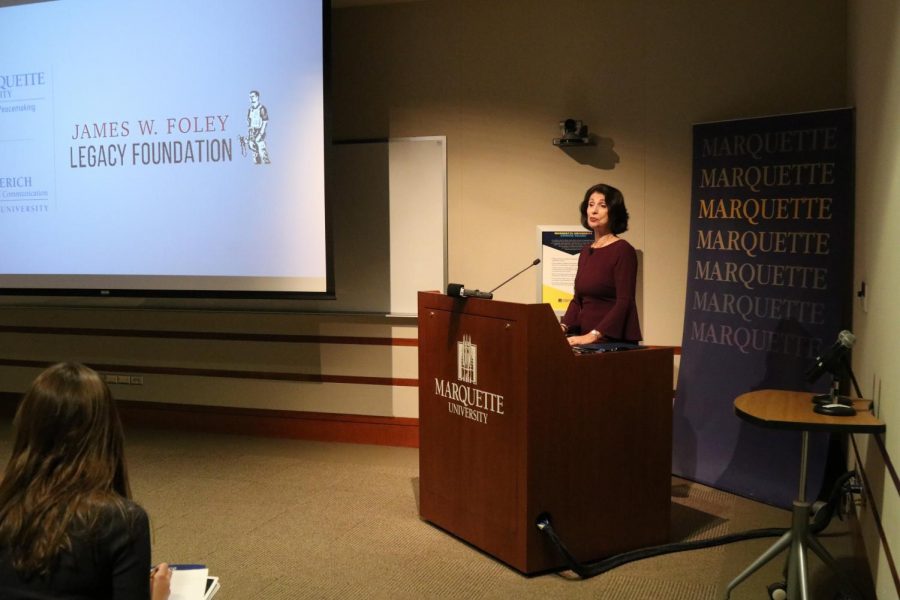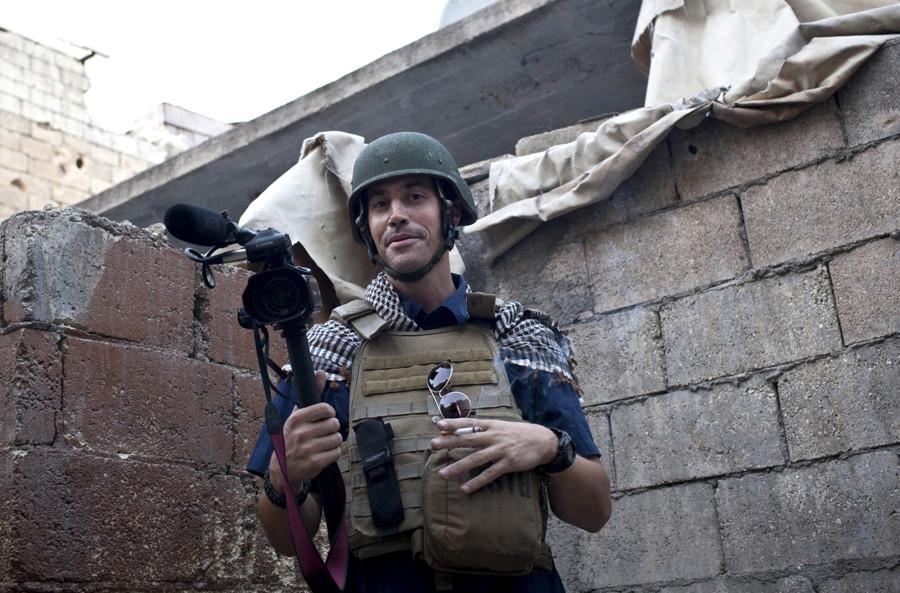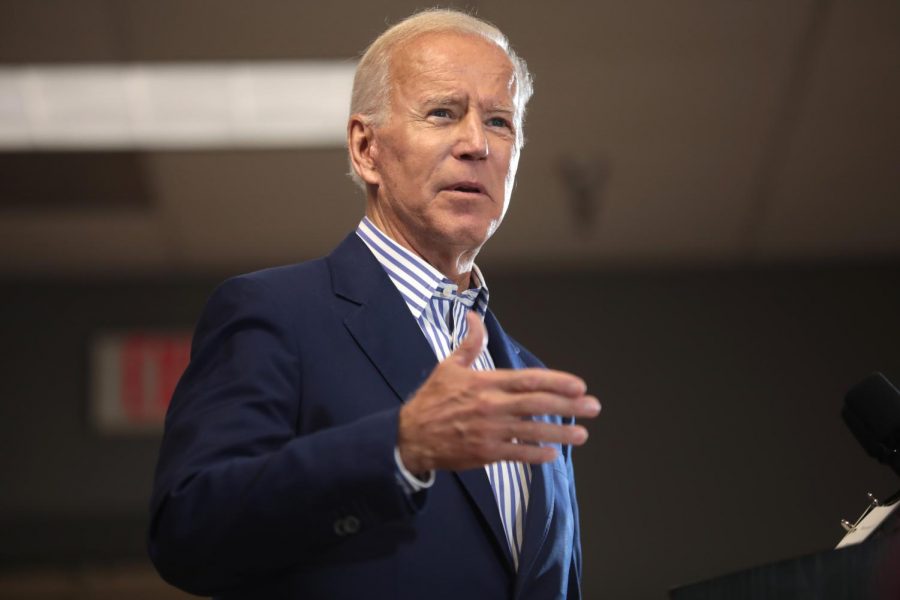Imagine widespread brutal violence forcing you to flee your home, endure a treacherous thousand-mile journey, and finally arrive at your destination only to be rejected at the border. This is the reality for the over 60 million refugees currently displaced globally — the most since World War II.
There has been a steady outflow of migrants from places such as Africa and South America, but of the estimated 60 million refugees and internally displaced people (IDPs), an astonishing 9.6 million hail from the war-torn Middle-Eastern nation of Syria. This means that roughly half of Syria’s population has been uprooted.
The Arab Spring protests in late 2010 sparked this rampant displacement. By early 2012, protesters overthrew Middle-Eastern dictatorships in Tunisia, Egypt, Yemen and Libya. But the Assad regime in Syria refused to surrender power and instead violently retaliated against its own citizens. The ensuing chaos allowed extremist terrorist group ISIS to expand its forces throughout the vulnerable region. Record numbers of Syrians fled the country in search of safety.
Refugee camps in Turkey and Lebanon housed many Syrians, and Jordan, a country with a population of 6.5 million, accepted over 650,000. However, desperate pleas for help went unanswered by the nearby Persian Gulf nations who all refused to accept even a single refugee, creating a mass exodus to the west.
The European Union has been more accepting of the refugees than the Persian Gulf nations, but historically it is still far from welcoming. In 2010, the EU began funding ruthless Libyan dictator Muammar Gaddafi to slow the accelerated flow of displaced Africans into Europe. EU nations were grateful for the “external border control,” turning a blind eye to Gaddafi’s inhumane treatment of the refugees.
In 2014, the EU disbanded the Project Mare Nostrum, which rescued over 140,000 people stranded in the Mediterranean Sea, in the hopes that making the journey more dangerous would discourage refugees from attempting the trek.
Most recently, countries like Greece and Hungary have been accused of mistreating asylum seekers.
Germany leads refugee aid efforts in Europe, announcing it will accept 800,000 by the end of the year. However, it is still unclear if the country will be able to deliver on this promise.
The U.S. is boosting its yearly refugee ceiling from 70,000 to 100,000, but this number is still well below what many believe it ought to be.
Why is everyone so reluctant to aid these desperate expatriates? Some nations may be concerned with the state of the economy, or fear losing a strong sense of national identity. There is also a chance that they are outright xenophobic. But perhaps the most prevalent concern is the security risk, given the high volume of refugees from ISIS-controlled territories. The U.S., due to its sheer size and relative economic stability, would likely be able to accommodate a much larger influx of refugees, however, this would be difficult to accomplish in a timely manner without sacrificing security measures.
This crisis leaves our nation with an extremely difficult decision. Turn away refugees seeking asylum from brutal dictatorships, or risk inviting terrorists across our borders. Increasing the number of refugees allowed across the border is a step in the right direction, but there is still a long way to go. Clearly, we must develop a new strategy or solution. In times like these, we look to America’s leaders to find one.
Despite what you believe is or isn’t the responsibility of the United States, there is no denying that we are an international model for the rest of the world. We have the power to influence policy around the world. We can choose not to exercise this ability and write this crisis off as someone else’s problem; and with the laundry list of reasons not to accept more refugees, we can feel justified in this decision.
Or, we could use our power as an opportunity to make a lasting historical impact. Future generations will look back on America’s decision to go above and beyond its explicit responsibilities to help an ever-growing population in dire need. This task will most certainly not be an easy one, but nothing worth doing is ever easy.










